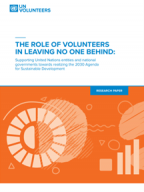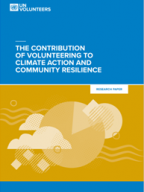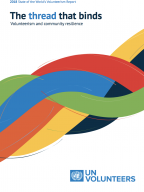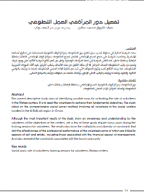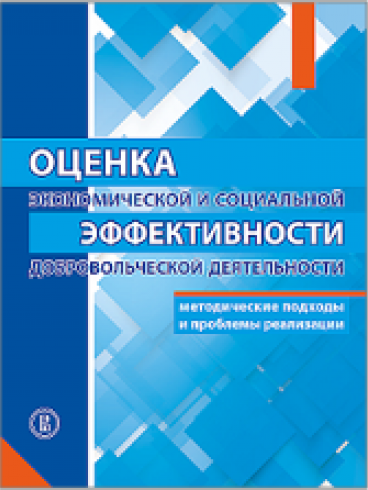
Assessment of the Economic and Social Effectiveness of Volunteering: Methodological Approaches and Implementation Problems
Fast read
- This report looks at a number of approaches for generating evidence on the effectiveness of volunteering, including evaluation research, measurement initiatives and valuation approaches.
- The research draws extensively on a systematic analysis of secondary data from government, United Nations and civil society sources.
Summary
The report explores data on volunteering in Russia, including its scale and scope, characteristics and sectors of activity. It then looks at how the effectiveness of volunteering can be measured at the macro (national or regional) and meso (organizational) levels both in terms of monetary and non-monetary value.
The report provides governments and policymakers with potential approaches to measure the economic and social contributions of volunteering, highlighting that there are many ways to do so. It also seeks to address the increased demand for the measurement of volunteer efforts, considering that volunteer activities and government support for volunteering initiatives have been growing in the country in recent years.













